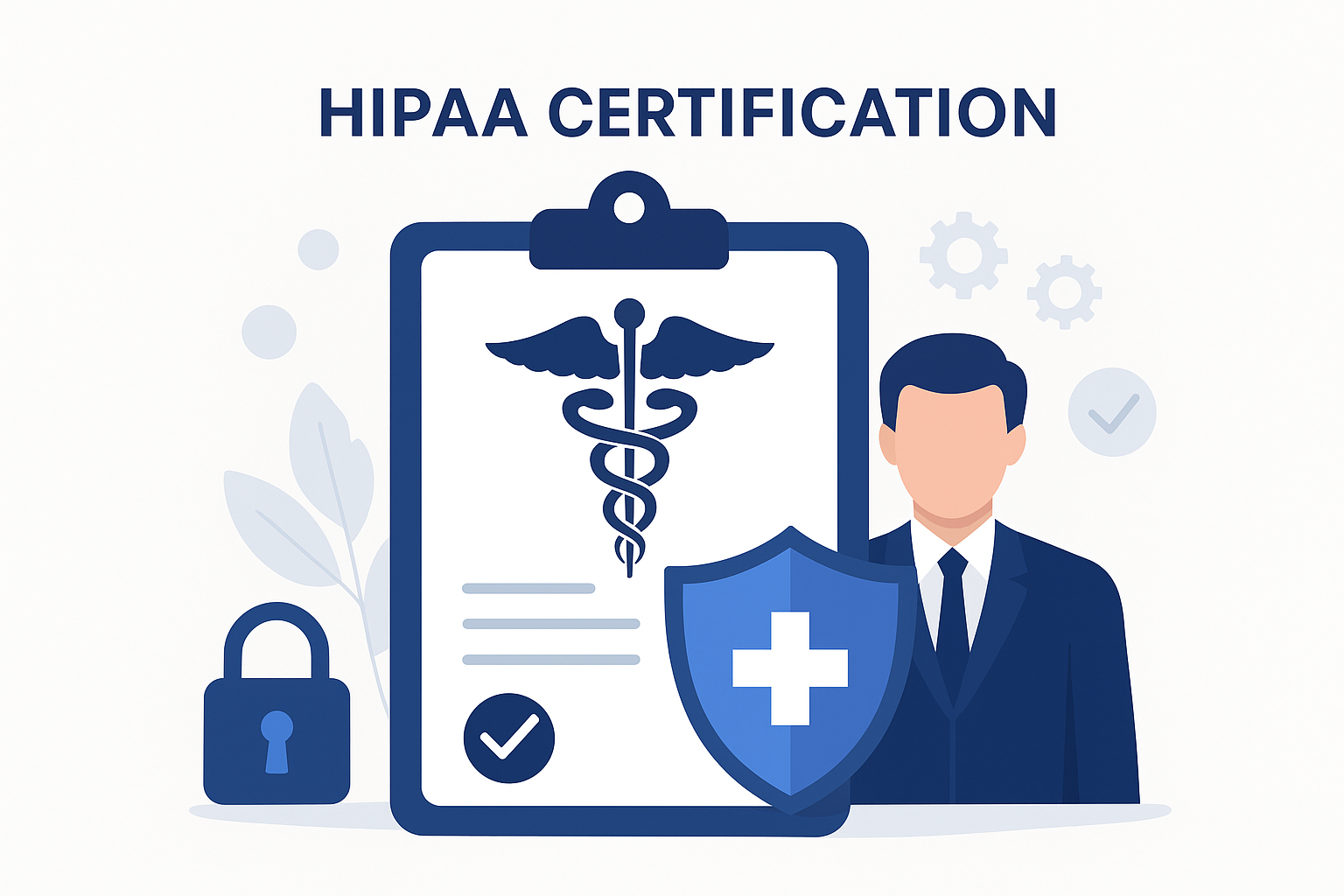THE TEN (10) COMMON HEALTH RISKS ASSOCIATED WITH PREGNANCY.
Factors like age and overall health status can increase your chances of experiencing complications during pregnancy.
1. Reproductive abnormalities
Structural problems in the uterus or cervix can heightens the risk of difficulties like miscarriage, an abnormally positioned fetus and difficult labor. These problems also increase the risk of a cesarean delivery.
2. Women underaged 20
Women under the age of 20 have a significantly higher risk of serious medical complications related to pregnancy than those over 20. Teenage mothers are more likely to
- * Deliver prematurely
- *Have a baby with low birth weight.
- *Experience pregnancy. Induce hypertension.
- *Develop preeclampsia
3. Women over age 35
As you age your chances of conceiving began to decline. An older woman who became pregnant is also less likely to have a problem. Free pregnancy.
Common issues include the following
Underlying conditions
Older women are more likely to have a conditions like high blood pressure diabetes, or cardiovascular disease. That can complicate pregnancy. When those conditions are not well. Controlled, they can contribute miscarriage, poor fetal growth.
Chromosomal problems
A women over 35 has a higher risk of having a child with birth defeet due to chromosomal issues.
4. Weight
Being either overweight or underweight can lead to complications during pregnancy.
5. Sexually Transmitted Infection (STIs)
You should be screened for STIs during your first prenatal visit. Women who have an STIs are very likely to transmit it to their baby. Depending on the infection, a baby born to a woman with an STI is at higher risk for.
- *Low birth weight
- *Conjunctivitis
- *Pneumonia
- *Neonatal sepsis ( Infection in the baby's blood stream)
- *Neurological damage
- *Blindness
- The STIs that are commonly screened for during prental visit Include.
- Gonorrhea, Syphilis, chlamydia, hepatitis A, hepatitis B and HIV.
6. High blood pressure
Pregnant women with chronic high blood pressure are at an increase risk for a low birth weight infant, preterm delivery, kidney damage, and preeclampsia during pregnancy.
7. Kidney disease
Women with kidney disease have an increased risk of miscarriage Additionally, they should work with their doctor throughout their pregnancy to monitor their client and medication.
8. Uterine fibroids
While uterine fibroids can be relatively common, they can course miscarriage and premature delivery may be required when a fibroid is blocking the birth canal.
9. Asthma
Asthma that not controlled can lead to an increase risk of poor fetal weight gain and premature delivery.
10. Multiple- birth pregnancies
Complications arise in multiple birth pregnancies because more than one baby is growing in the womb. Because of the limited amount of space and the additional strain multiple fetuses out on a woman, these babies are more likely to arrive prematurely.















.jpeg)
















.jpeg)
.webp)








(0) Comment
(0) Comment